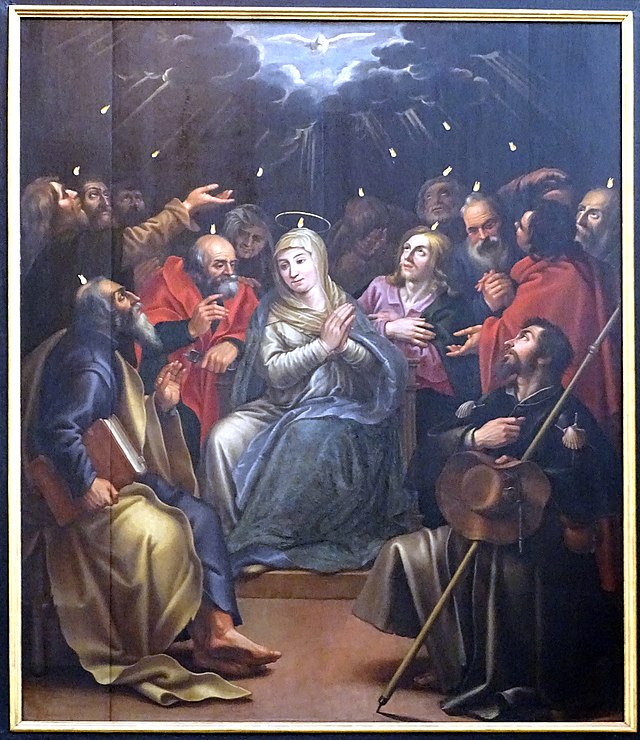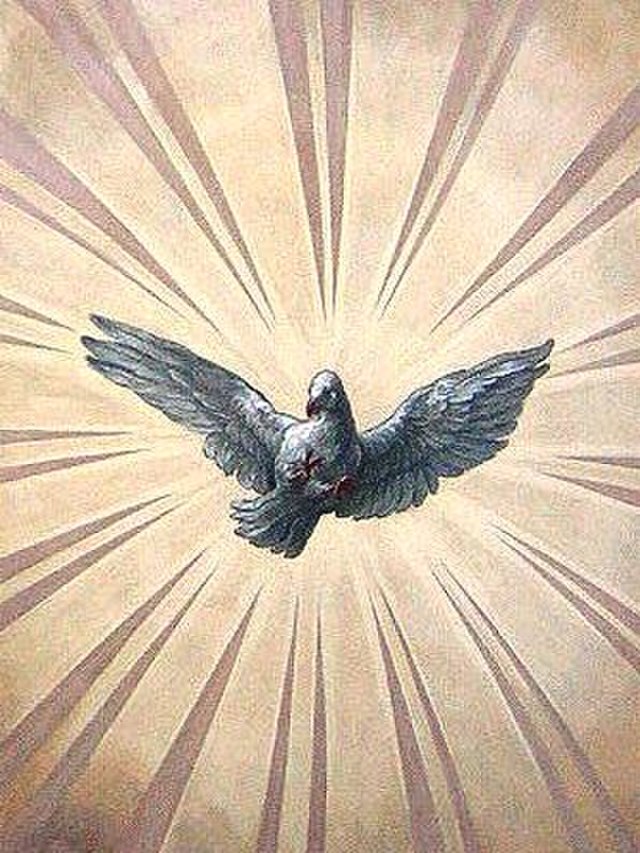Introduction
The Tower of Babel and the Day of Pentecost are two pivotal events in the biblical narrative, each representing a turning point in human history. While the Tower of Babel story in Genesis 11 illustrates the division and dispersion of humanity as a result of God’s judgment, the Day of Pentecost in Acts 2 reveals a remarkable reversal of this judgment through the gift of tongues. The gift of tongues enables believers to communicate across language barriers, fostering unity and cooperation among the early Christian community. This article will explore how the gift of tongues at Pentecost reversed the judgment at the Tower of Babel and the implications of this reversal for the early church.
The Tower of Babel: Division and Dispersion
In the story of the Tower of Babel, humanity, united by a common language, attempts to build a tower that would reach the heavens. This act of hubris prompts God to intervene and confound their language, causing them to be unable to understand one another. As a result, the people are scattered across the earth, and their once-unified civilization crumbles into separate nations and languages.
The Day of Pentecost: The Gift of Tongues and Restoration of Unity
The Day of Pentecost, as described in Acts 2, marks a significant turning point in the biblical narrative. On this day, the Holy Spirit descends upon the apostles and other believers, enabling them to speak in various languages through the gift of tongues. This miraculous event attracts a diverse crowd of Jews from the Diaspora, who had returned to Jerusalem for the festival. These Jews, representing different regions and linguistic backgrounds, are astonished to hear the Gospel in their own native tongues.
The gift of tongues at Pentecost effectively reverses the judgment at the Tower of Babel, as the confusion of languages is replaced by a newfound ability to communicate across linguistic barriers. This restoration of unity among the believers, particularly among the Jews of the Diaspora, demonstrates the power of the Holy Spirit to break down the barriers that once divided humanity, fostering a sense of shared identity and purpose in the early Christian community.
Implications for the Early Church and Beyond
The reversal of the judgment at the Tower of Babel through the gift of tongues at Pentecost has profound implications for the early Christian church and its mission. The newfound unity among believers, transcending language and cultural barriers, serves as a powerful testament to the universal nature of the Gospel message. This unity empowers the early church to spread the Gospel beyond the Jewish community, reaching out to people from diverse backgrounds and fulfilling the Great Commission (Matthew 28:19-20).
Moreover, the events of Pentecost underscore the importance of unity within the body of Christ, emphasizing the need for believers to work together in harmony and cooperation, regardless of their cultural or linguistic differences. This message remains relevant for modern Christians, as it serves as a reminder of the unifying power of the Gospel and the Holy Spirit’s ability to bridge the gaps that may exist between people from different walks of life.
Conclusion
The Day of Pentecost marks a pivotal moment in the biblical narrative, as it reverses the judgment at the Tower of Babel and restores unity among the believers through the gift of tongues. The outpouring of the Holy Spirit facilitates communication across language barriers, empowering the early Christian community to spread the Gospel to people of all nations and backgrounds. This remarkable event highlights the transformative power of the Holy Spirit and the enduring importance of unity within the body of Christ, a message that continues to resonate with believers today.
The inclusion of Jews from the Diaspora during the Day of Pentecost signifies the beginning of the process by which the Gospel would eventually spread to all nations. As the early church grew, the apostles and other followers of Christ carried the message of salvation to distant lands, transcending the linguistic and cultural barriers that had once separated them. The gift of tongues played a crucial role in this process, enabling the early believers to effectively communicate the Gospel in diverse languages and ultimately fulfill God’s promise to Abraham that through his descendants, all nations would be blessed (Genesis 12:3).
Discussion Questions:
- In what ways does the reversal of the judgment at the Tower of Babel through the gift of tongues at Pentecost inform our understanding of the mission and purpose of the early church? How can these insights be applied to the contemporary Christian community?
- How does the story of Pentecost emphasize the importance of unity and communication among believers from diverse cultural and linguistic backgrounds? What practical steps can modern Christians take to foster greater unity and understanding within the global Christian community?
- Considering the events of Pentecost and the early church’s efforts to spread the Gospel to people from different nations and backgrounds, what role do you think cultural and linguistic diversity plays in the growth and development of the Christian faith? How can believers today continue to embrace and celebrate this diversity while remaining unified in their faith and mission?
Want to Know More?
- “The Tower of Babel and the Day of Pentecost: A Reversal of Judgment” by David Turner Turner’s article offers an in-depth analysis of the theological implications of the Tower of Babel and Pentecost events. The discussion on how the confusion of languages was reversed through the gift of tongues can shed light on the mission of the early church and its impact on the global Christian community.
- “The Holy Spirit and the Gift of Tongues: An Interpretation of Acts 2” by Max Turner This source offers an exegesis of the Acts 2 passage on the Day of Pentecost. Turner’s explanation of the role and significance of the gift of tongues can help readers better understand the reversal of the Tower of Babel’s judgment and its implications for the early church.
- “A History of the Early Church to A.D. 500” by J.W.C Wand Wand’s comprehensive history of the early Christian church provides a broader historical context to the Day of Pentecost and the subsequent spread of the Gospel. It can help readers understand how the unity fostered through the gift of tongues influenced the early church’s mission and the spreading of Christianity.




